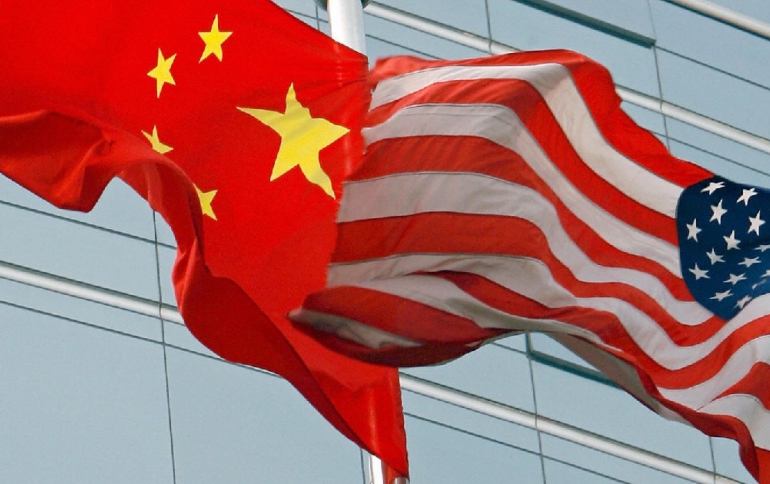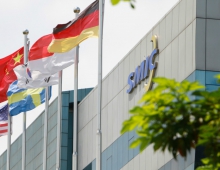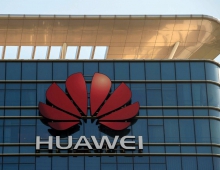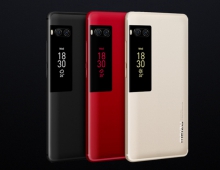
U.S. Blacklists More Chinese Supercomputer Firms
The U.S. Commerce Department on Friday added more Chinese companies and a government-owned institute involved in supercomputing with military applications to its national security “entity list” that bars them from buying U.S. components without government approval.
The department is adding Sugon, the Wuxi Jiangnan Institute of Computing Technology, Higon, Chengdu Haiguang Integrated Circuit and Chengdu Haiguang Microelectronics Technology - along with numerous aliases of the five entities - to the list over concerns about military applications of the supercomputers they are developing.
U.S. companies are forbidden from doing business with and supplying components to companies placed on the entity list, although exceptions can be granted.
Wuxi Jiangnan Institute of Computing Technology is owned by the 56th Research Institute of the General Staff of China’s People’s Liberation Army, the Commerce Department said, adding “its mission is to support China’s military modernization.”
Chinese firms have begun developing their own world-class processors, though you won’t see them in PCs or even servers shipped outside the United States. The Wuxi Jiangnan Institute, for example, is believed to have developed the Sunway chips, which power the Sunway TaihuLight, the third most powerful supercomputer in the world. The TaihuLight system holds more than 10 million Sunway SW26010 cores, generating more than 93 petaflops of computing power.
Sugon’s PreE uses over 160,000 cores of the Hygon Dhyana, the chip that originated from the THATIC partnership with AMD. Lisa Su, AMD’s chief executive, downplayed the THATIC relationship at Computex, saying that the license covered a “single generation of technology devices”.
The companies “pose a significant risk of being or becoming involved in activities contrary to the national security and foreign policy interests of the United States,” the Commerce Department said.
The move is the latest effort by the Trump administration to restrict the ability of Chinese firms to gain access to U.S. technology amid an ongoing trade war.
The U.S. also seeks to impose tariffs on the import of Chinese goods. Those tariffs, according to the Consumer Technology Association, will add over $100 to the price of a typical notebook PC.
In May, the Trump administration added China’s Huawei Technologies Co Ltd to the entity list and 68 affiliates in more than two dozen countries. U.S. President Donald Trump has said that the United States could resolve complaints about Huawei as part of a trade deal.





















